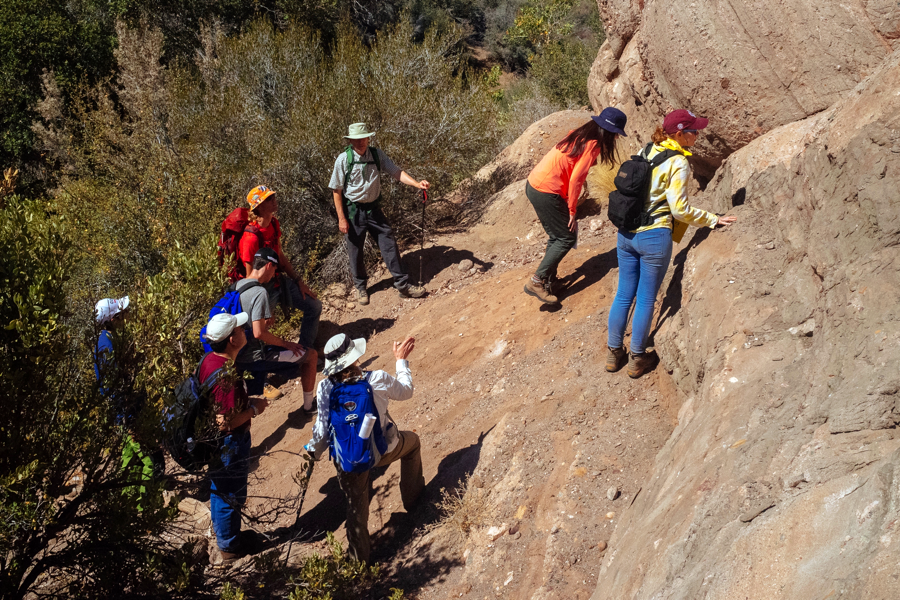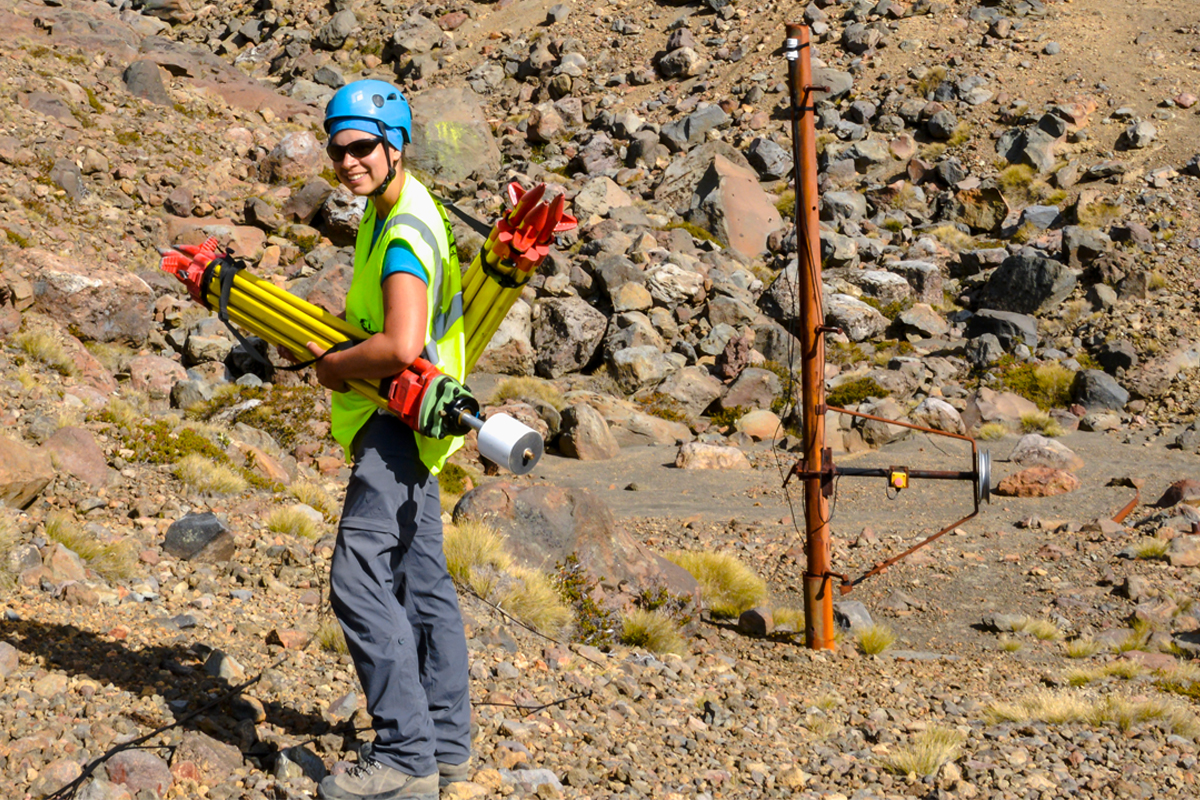All Categories
Featured
Table of Contents
Geophysical Prospecting in Coolbellup Aus 2021

Other possible geophysicist majors that aren't geophysics or geoscience consist of: Climatic sciences and meteorology Chemical and physical oceanography Earth science Environmental science Hydrology and water resources science Products science By earning any geophysicist degree, and by taking the needed geology courses, you must get approved for an entry-level position as a geoscientist or geophysicist.
Eventually, students must discover: a branch of geology that looks at the various elements of minerals, consisting of chemical structure, internal crystal structure, and physical residential or commercial properties. the study of rocks and the procedures and conditions that form and transform them over time. There are a few neighborhoods in this branch of geology, consisting of igneous, metamorphic, and sedimentary rocks.

This field examines structural rock functions such as cleavage, faults, joints, and small folds. They should likewise find out the computer system abilities necessary to: evaluate data create digital models and maps run geoscientists' software application Students must likewise benefit from all opportunities to acquire real-world experience. Aspiring geophysicists should expect to invest time knowing: in the class in the field in labs Clearly, skills taught in the class are really essential for aiming geophysicists.
Bs In Physics: Geophysics in Leeming Aus 2023
For example, geoscientists spend a lot of their time outside when operating in the field, so they should have "outside abilities" like outdoor camping and running boats, aircraft, and other cars. Since they invest a lot time in remote locations, it's necessary that geophysicists also have the physical endurance to carry necessary devices on their hikes to areas of study.
The task offers: a high typical and leading earnings a high rate of personal fulfillment amongst geophysicists low work tension positive job outlook Further details on revenues potential and job outlook is detailed listed below. For trainees seeking to land an entry-level role as a geoscientist or geophysicist, it takes 4 years, or the time required to finish a bachelor's degree in geophysics or a related discipline.
Some research positions in geophysics need postgraduate degrees. If you prepare to teach at a college or university, you must earn a Ph. D. in geophysics or an associated field. The time it requires to make a Ph. D. differs by institution and program, however it usually takes 4 to six years beyond the bachelor's degree.
How To Become A Geophysicist in Churchlands Western Australia 2021
The majority of companies need candidates to have a bachelor's degree in geophysics or a closely associated discipline for all entry-level positions. As a result, there's no method around the degree requirements for becoming a geophysicist.
Currently, 31 states need licensing for geologists, although licensing is not constantly required, specifically for entry-level work. The states that do issue licenses utilize the Fundamentals of Geology Exam (FGE), which is administered through the National Association of State Boards of Geology (ASBOG). Now that you know which degree for geophysicist jobs you need, you'll need to land a task, and it is very important to discover how much money you can make in this career.
According to BLS, the average yearly wage for geoscientists is $93,580. The most affordable 10% of earners earn less than $52,000, while the greatest 10% make more than $201,000 each year. Incomes vary by market type and geographic area. According to BLS, particular markets use higher wages for geoscientists, and in some cases, they offer higher-than-average revenues.
How To Become A Geophysicist in Applecross WA 2023
Mining, quarrying, and oil and gas extraction uses over $32,000 more each year than the typical annual wage for this profession. The federal government, too, offers over $10,000 more in revenues than the national average for geoscientists. In addition to market type, geographic place can significantly affect profits for this occupation.

The top-paying states and their yearly mean wages, according to the BLS, consist of: Texas $166,720 Oklahoma $149,630 Pennsylvania $120,590 Hawaii $120,130 Colorado $107,260 These five top-paying states use much greater salaries than the average for this profession. In truth, incomes for geoscientists in Texas are over $73,000 higher than the nationwide average.
It should come as no surprise that the majority of these high-paying locations are in Texas and Oklahoma, however some are discovered in California, Louisiana, and Colorado. The leading 10 highest-paying city areas for geoscientists are: Houston-The Woodlands-Sugar Land, Texas: $188,400 Tulsa, Oklahoma: $186,490 Midland, Texas: $167,040 Odessa, Texas: $147,080 Oklahoma City, Oklahoma: $145,350 Bakersfield, California: $130,080 Urban Honolulu, Hawaii: $124,470 New Orleans-Metairie, Louisiana: $121,030 Washington-Arlington-Alexandria, DC, VA, MD, WV: $120,180 Denver-Aurora-Lakewood, Colorado: $116,910 For some geoscientists and geophysicists, residing in a metro city is not as appealing as residing in a smaller neighborhood.
Latest Posts
How To Become A Geophysicist in Dalkeith WA 2022
What Is The Best Degree Path For Becoming A Geophysicist? in Floreat WA 2023
Marine Geology And Geophysics in Rivervale Western Australia 2022